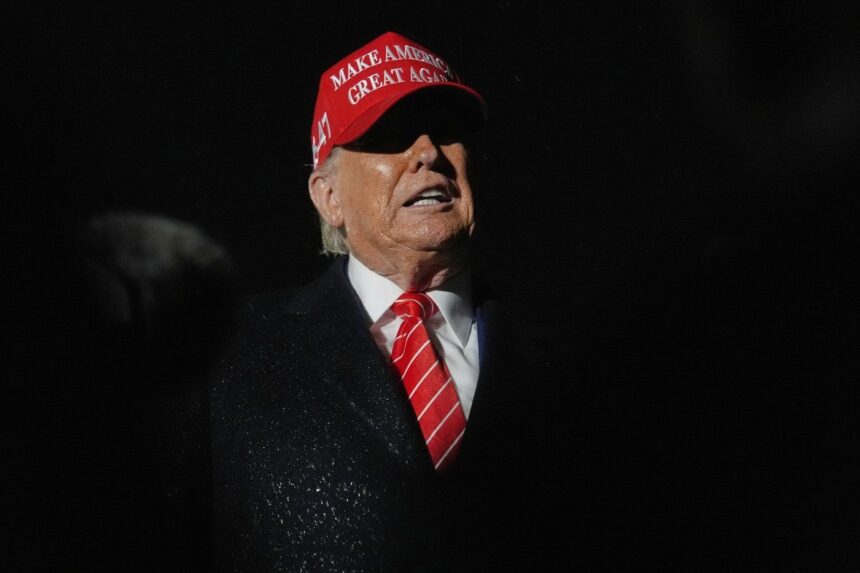In a startling shift of national sentiment, Canadians find themselves increasingly conflicted about their relationship with their powerful neighbor to the south. A comprehensive new survey released yesterday by the Canadian Institute for International Affairs reveals that nearly 35% of Canadians now view the United States as a “potential threat” rather than a steadfast ally—a dramatic increase from just 12% five years ago.
“What we’re witnessing is unprecedented in modern Canadian-American relations,” explains Dr. Elaine Thornton, lead researcher on the study. “The traditional notion of an unshakeable cross-border friendship appears to be giving way to something more complex and nuanced, particularly among younger Canadians.”
The poll, which surveyed over 3,500 Canadians across all provinces and territories, found stark regional and generational divides in attitudes toward American influence. Respondents in Quebec and British Columbia expressed the greatest skepticism, with nearly 48% indicating they view American economic and cultural power as potentially harmful to Canadian sovereignty. Meanwhile, Alberta and Saskatchewan residents maintained the most positive outlook, with 67% considering the United States a “crucial ally.”
This shifting perspective appears directly linked to recent American policy decisions that have affected Canadian economic interests. Tariffs on Canadian lumber, steel, and aluminum have left lasting impressions, with 61% of respondents citing trade disputes as their primary concern about the relationship.
“The data suggests Canadians are developing a more transactional view of international relationships,” notes political analyst Marie Leblanc. “They’re asking what Canada actually gains from its close ties with the U.S., especially when American domestic politics seem increasingly volatile.”
Particularly telling is the generational divide revealed in the study. Among Canadians under 35, a striking 52% expressed concern about American influence on Canadian politics, compared to just 29% of those over 55. Climate policy emerged as another significant point of contention, with 57% of respondents expressing disappointment in America’s inconsistent approach to environmental commitments.
Defence cooperation remains the strongest pillar of the relationship, with 73% of Canadians acknowledging the importance of military alliances through NATO and NORAD. However, even this traditionally solid area shows signs of erosion, with increasing questions about Canada’s defence spending obligations and strategic autonomy.
The survey also explored attitudes toward other international powers. While skepticism toward the U.S. has grown, Canadians expressed even greater wariness toward China (68%) and Russia (79%). The European Union garnered the most positive response, with 81% viewing it as a reliable partner for Canada.
“These findings don’t necessarily indicate an irreparable rift,” explains international relations expert Dr. James Harrington. “Rather, they suggest Canadians are reassessing what it means to have a balanced relationship with a global superpower whose interests don’t always align with our own.”
Officials from both countries have acknowledged these changing attitudes while emphasizing the deep historical and cultural connections that bind the nations. Foreign Affairs Minister Catherine McLeod recently stressed that “healthy democracies require ongoing conversations about their international relationships” while reaffirming Canada’s commitment to working with the United States on shared challenges.
As global politics continue to evolve in increasingly unpredictable ways, the question remains: can the Canada-U.S. relationship adapt to these changing perspectives, or are we witnessing the beginning of a fundamental realignment in North American geopolitics?
























